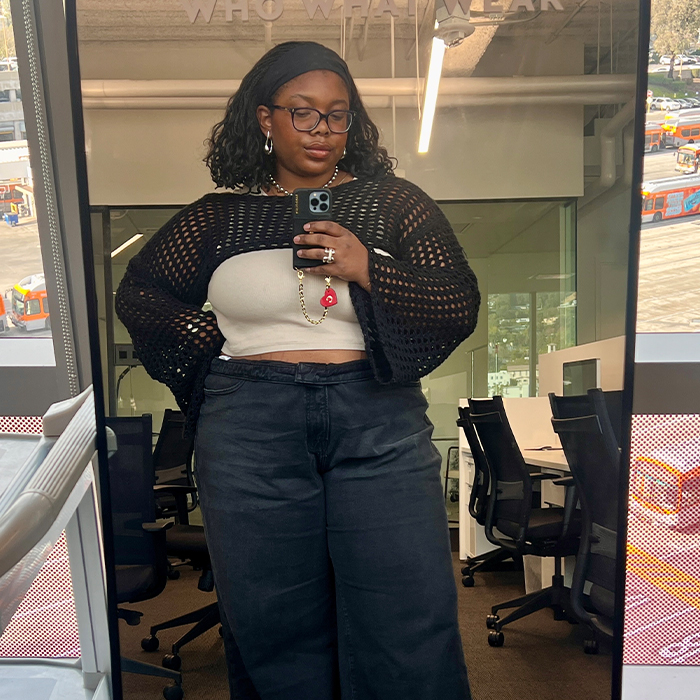If You Like Waking Up to Better Skin, Derms Want You to Know These 14 Serums
At this point, we all know that sleep is the key to good health. Getting enough sleep can help boost your immune system, lower your risk for health problems, reduce stress, and more, according to the U.S. Department of Health and Human Services. It's probably no shock to learn that getting enough sleep can also improve your skin.
One study showed that people who get enough sleep (that's seven to nine hours) have more moisturized skin that's more capable of repairing itself. "Skin has its own circadian clock," says Rachel Westbay, board-certified dermatologist at Marmur Medical. "Different skin processes occur at different times according to this internal schedule. Nighttime is prime time for repairing damage and for rebuilding cells and tissues." She explains that during sleep, your skin essentially goes into renewal mode, regenerating new cells, rebuilding collagen, and repairing damage from environmental aggressors. Overall, your skin repairs itself three times faster while you sleep than it does while you're awake.
Thanks to this, nighttime is the perfect time to apply skincare that aids in that repairing process. Serums can be particularly beneficial since they are potent vehicles to deliver active ingredients to your skin.
What kinds of serums are particularly beneficial at night, and how do I use them?
Consider opting for serums that contain ingredients like retinol to aid cell turnover and nourishing ingredients like to repair the skin's barrier. "Rejuvenating ingredients and serums such as retinol are great to use at night," says Elyse Love, MD, a board-certified dermatologist at Glamderm in Manhattan. "In addition, many forms of retinol are broken down by the sun, so they're significantly more effective if used at night. Bakuchiol is a gentler alternative to retinol. It can be used twice a day since it does not make the skin sun sensitive. For those with sensitive skin, barrier repair ingredients are also helpful at night as the skin heals itself. This includes ingredients like glycerin, hyaluronic acid, lipids, ceramides."
You can put serums on after any toners or essences, but before any night creams or balms. "Slugging with balm- or ointment-based products can also be helpful for nighttime repair," says Love.
When thinking about what skincare products to use when, it's a good rule of thumb to think about it this way: Nighttime is for repairing, while morning is for protecting. That's why at night, it's best to opt for repairing ingredients like retinols, lipids, and ceramides, while in the morning, it's best to start mixing in topicals like vitamin C and sunscreen to defend against environmental aggressors you may encounter in your day to day life.
I reached out to dermatologists to get a comprehensive list of some of the best serums to use before you snooze. Every single serum on this list is recommended by a derm, so you can rest assured that any one you choose will help you on your journey to the glowiest skin possible when you wake up. Keep reading for the absolute best nighttime serums.
Best for anti-aging:
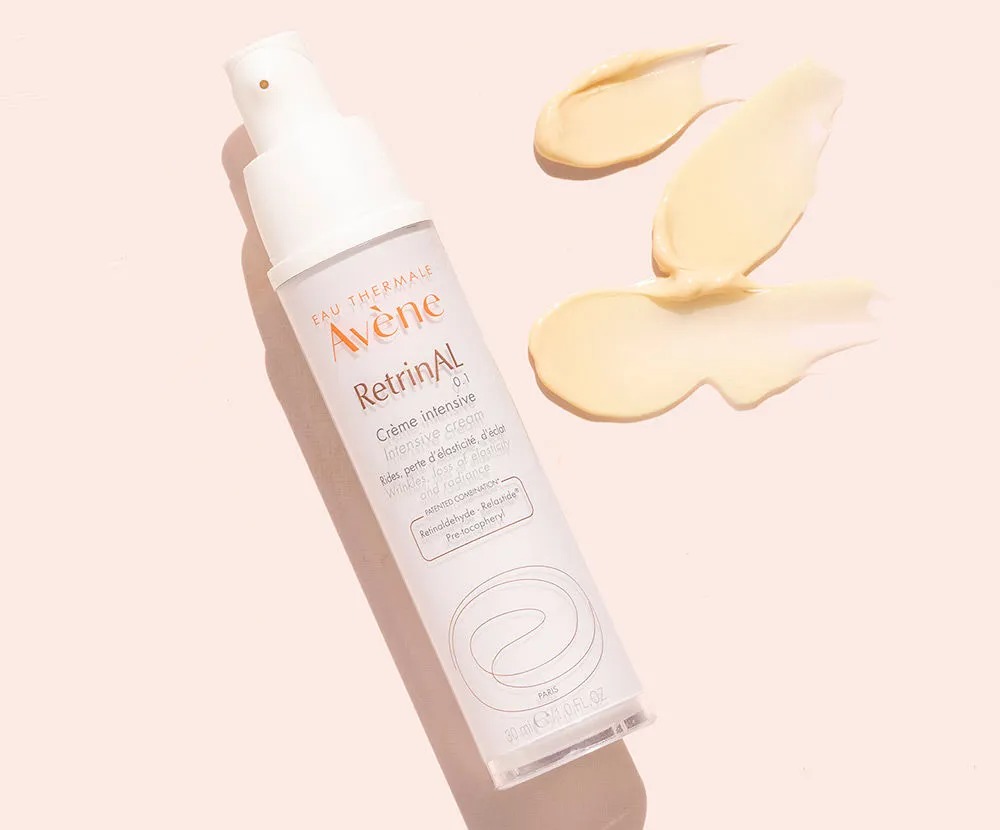
"This formula contains retinaldehyde, which is gentler but more effective than retinol," says Love. "It also contains antioxidants and peptides that stimulate elastin production. Most importantly, it's designed for sensitive skin." Follow up with Avène's new RetrinAL Ceramide Balm for the best results.
Best for discoloration:
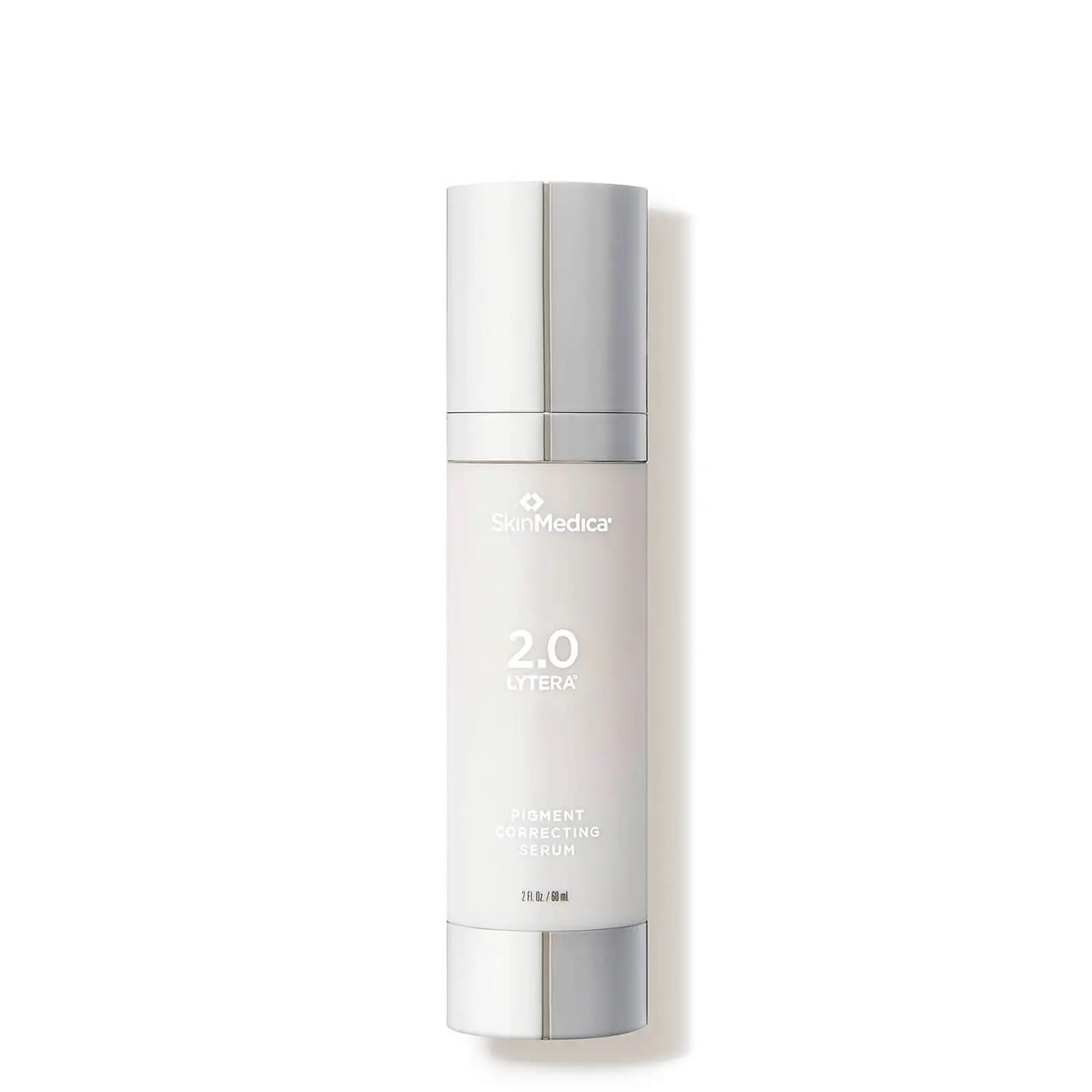
"God, I am obsessed with this serum," says Westbay. "It is my favorite skin brightener formulated without hydroquinone and a staple in the skincare regimens I created for patients with hyperpigmentation or those who simply want that enviable glow. In addition to niacinamide, this serum contains several other highly effective ingredients like tranexamic acid, phenylethyl resorcinol, phytic acid, and marine protein extract that target discoloration by working synergistically to normalize melanin production. I routinely recommend patients use this both before and after in-office treatments, like lasers and chemical peels, to optimize results and minimize potential adverse effects. For my patients developing melasma during pregnancy and/or postpartum, this is gold. Lytera 2.0 is unique in that it is entirely safe in pregnancy and breastfeeding, a property that is hard to come by in products made for hyperpigmentation."
Best for oily skin:

"Containing 7% glycolic acid, this product is a great nighttime serum that can be used as a retinol alternative or skin-cycled with retinol," says Westbay. "This treatment utilizes tiny glycolic acid molecules that sink deep into the skin to break apart pore-clogging debris, revitalizing the appearance of dull, congested, and sun-damaged skin and improving the appearance of hyperpigmentation, enlarged pores, fine lines, and wrinkles."
Best drugstore pick:

"This lightweight hyaluronic acid serum is excellent to provide hydration and barrier repair to sensitive skin," says Love. "It can be used with moisturizer alone or right before retinol to decrease potential irritation."
Best for sensitive skin:
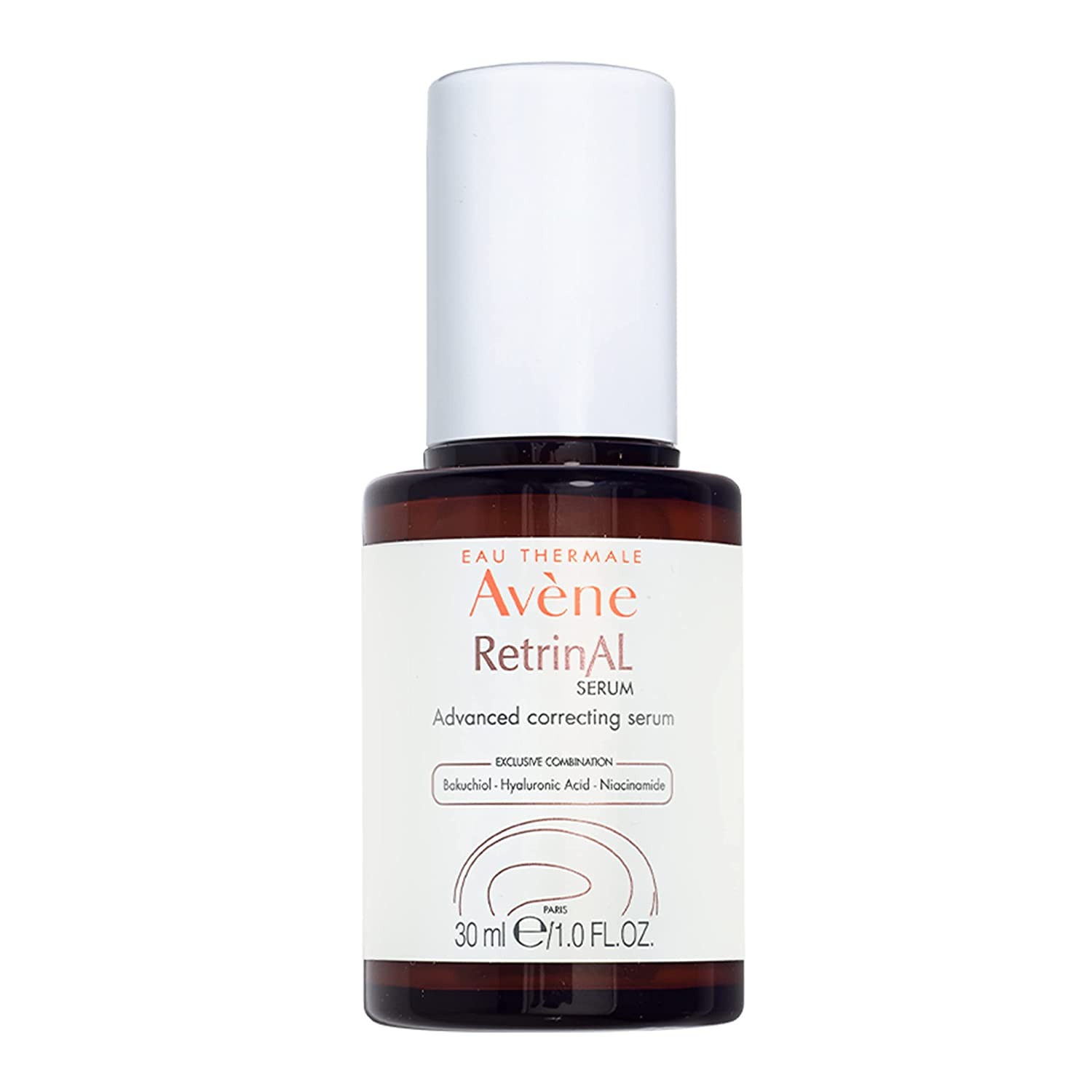
"This serum features bakuchiol (a gentler alternative for those who can not tolerate retinol), niacinamide, and hyaluronic acid, [which] soothe and rejuvenate the skin," says Love. "It can be used twice a day."
Best for texture:
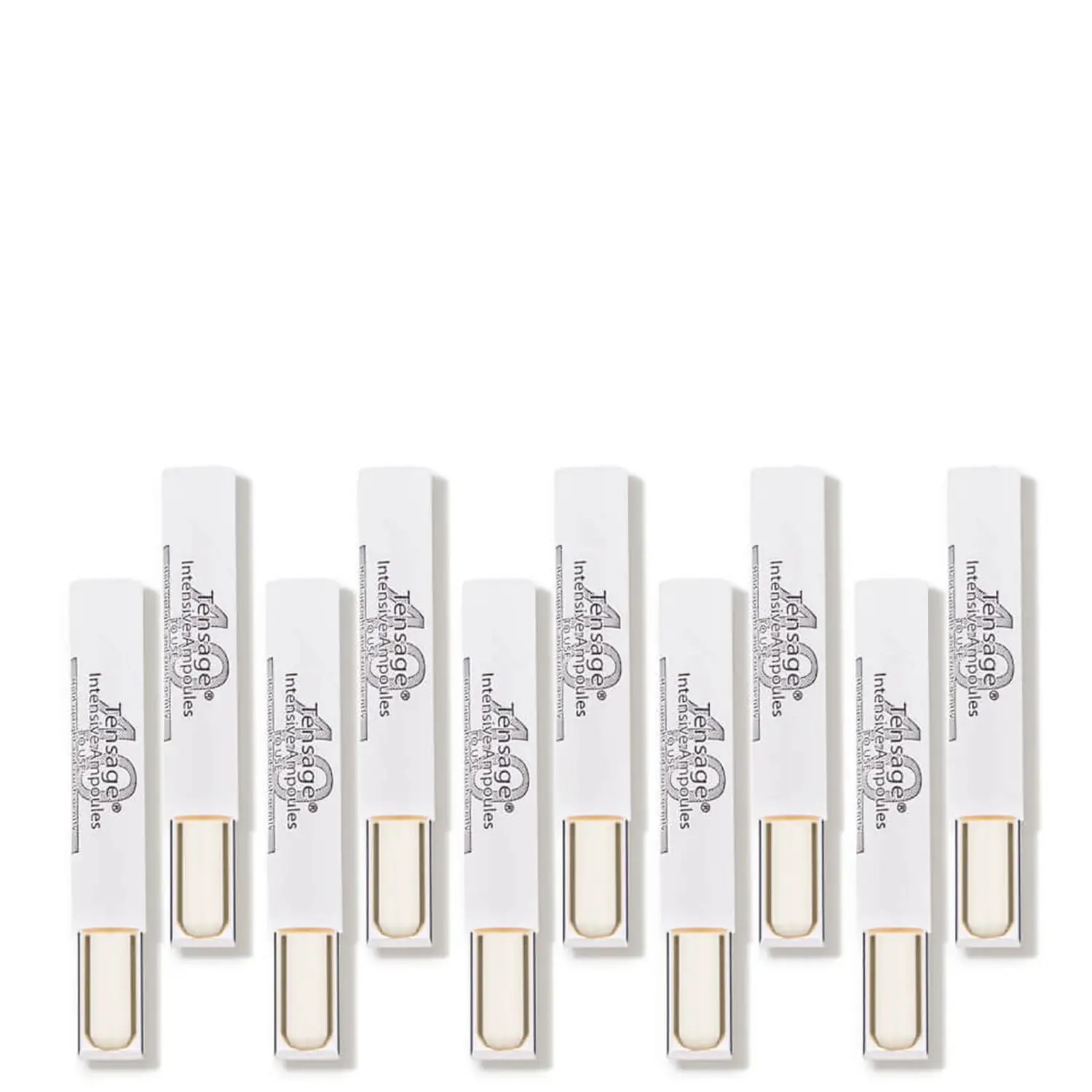
"I love this serum because of the key ingredient, SCA Biorepair Technology," says Joel L. Cohen, board-certified dermatologist. "This powerful ingredient includes natural growth factors, antioxidants, and hyaluronic acid and is clinically proven to help improve the appearance of fine lines and wrinkles, increase elasticity and enhance texture, tone, and luminosity. It also has vitamin E to help provide hydration and anti-inflammatory benefits."
Best for damaged skin:
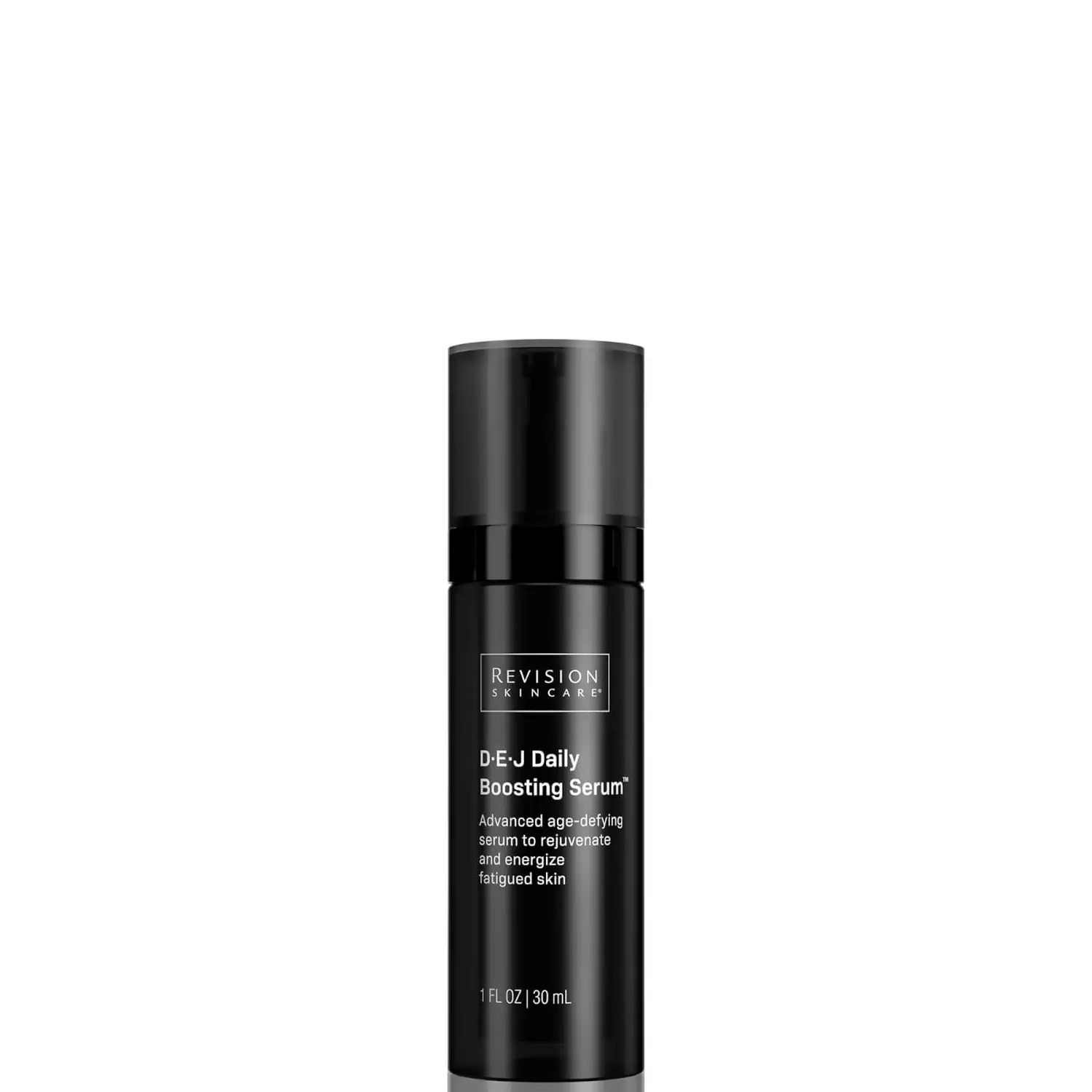
"This serum contains a special sunflower extract to boost the skin's energy plus has a blend of antioxidants to improve photo-damage, even out the skin tone, and help with collagen and elastin," says Cohen.
Best for even tone:
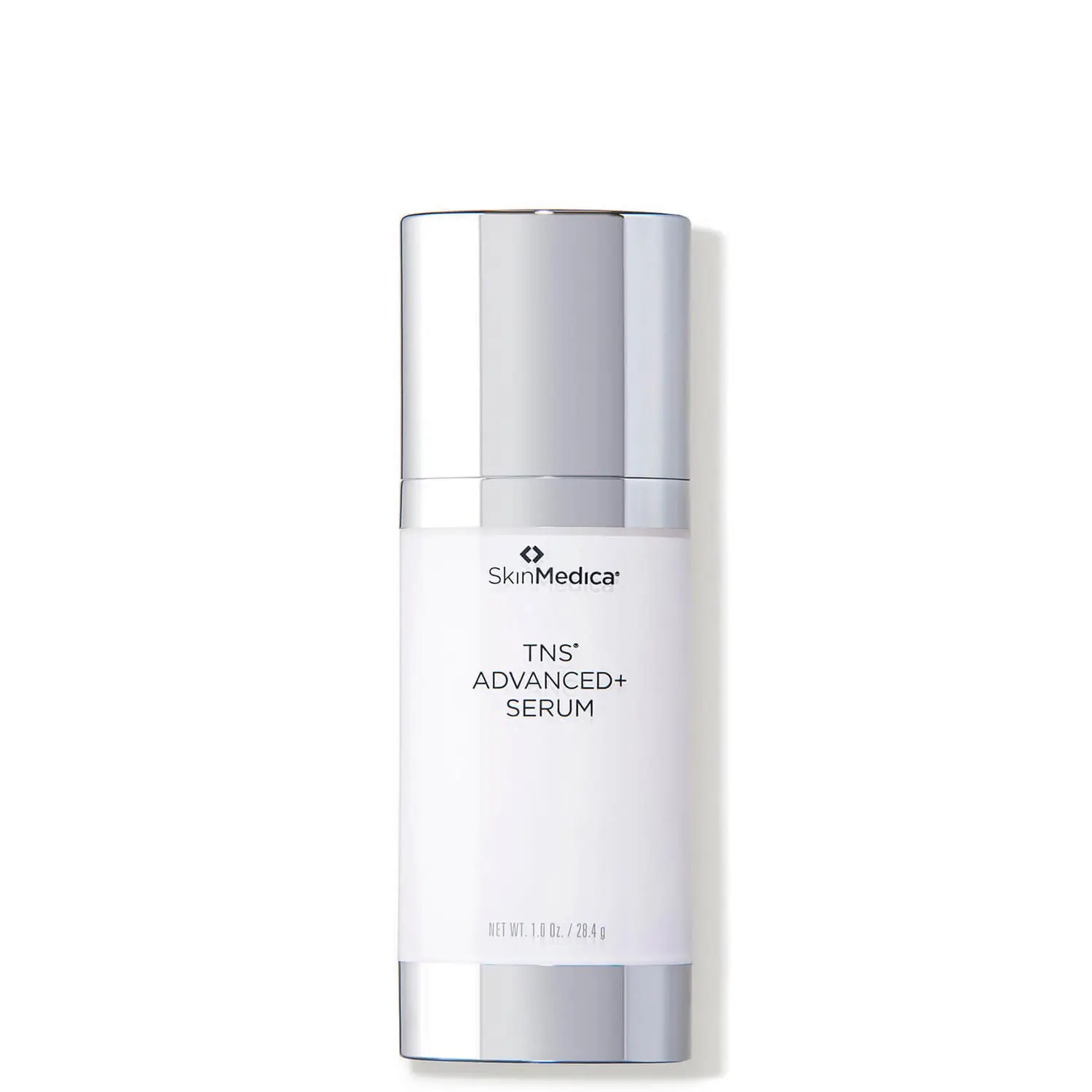
"[This serum has a] blend of growth factors to help skin texture, tone, and overall appearance," says Shari Sperling, board-certified dermatologist.
Best for dry skin:
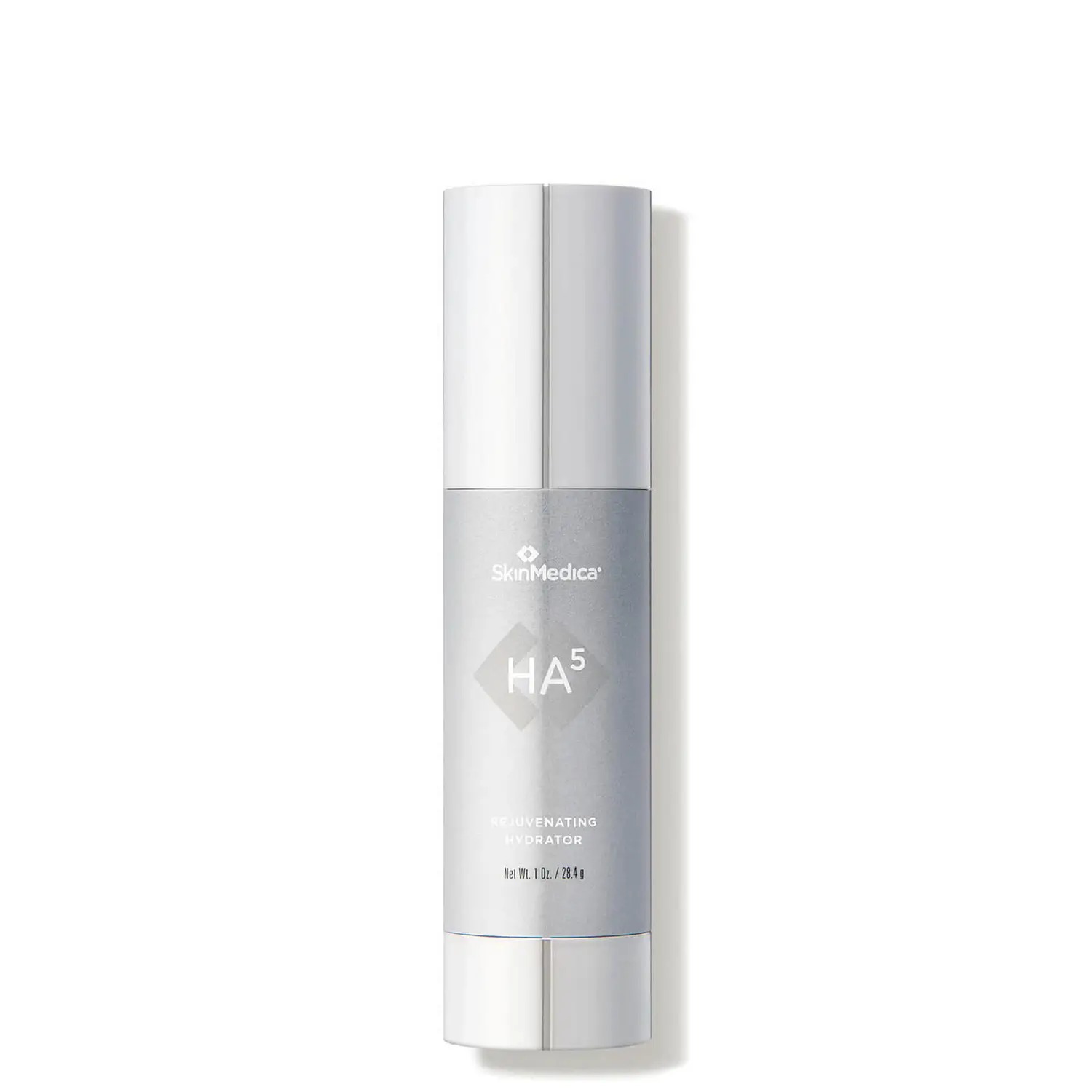
"As a rejuvenating hyaluronic acid, this goes on nice and smoothly," says Sperling, noting that you can use it alone for a hydrating boost or with other products.
Best for acne:
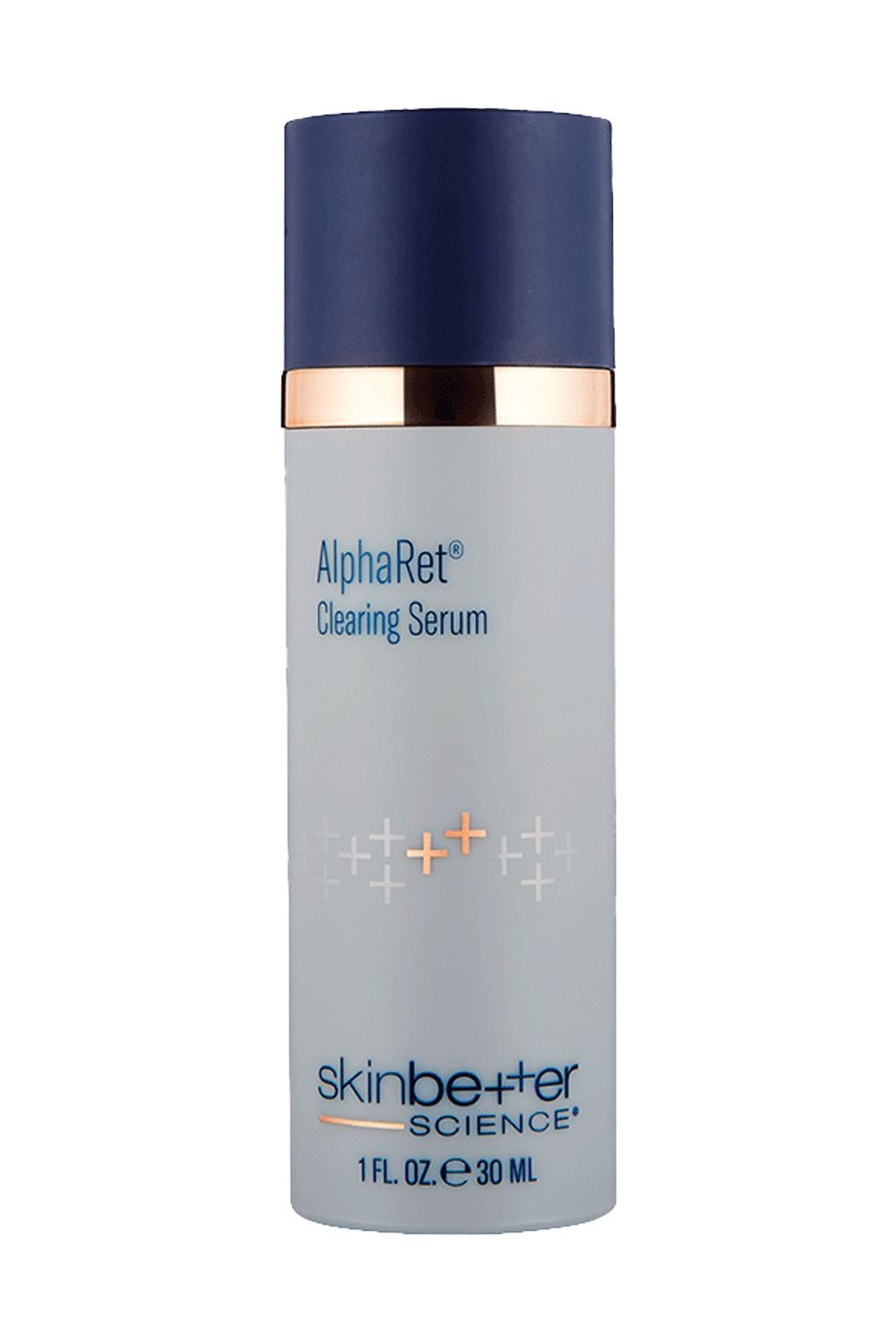
"If there were ever an all-in-one serum for acne-prone skin, it’s this," says Westbay. "It contains a highly effective combination of salicylic acid, lactic acid, and a retinoid, which makes it a powerhouse product for speeding cell turnover, decongesting pores, reducing inflammation, and fighting the signs of aging all simultaneously. If you pick this one up, try it in small, gradual increments and remember to always follow it with sunscreen the next morning." Love also recommends this serum to her patients.
Best for fine lines:
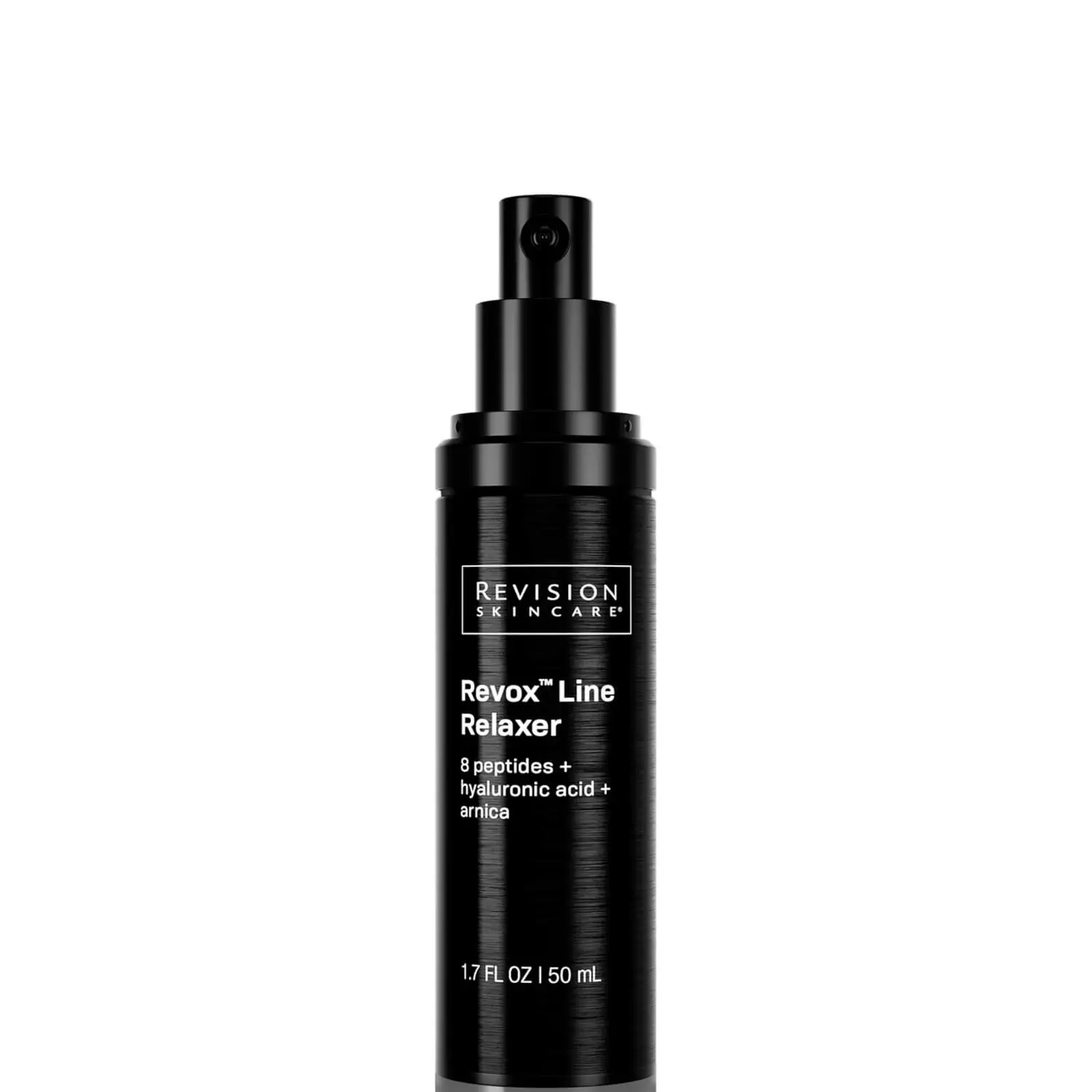
"[This serum is] great for under-eye lines and for the full face," says Sperling. "It combines peptides, hyaluronic acid, and arnica to help the appearance of fine lines and wrinkles."
Best for reactive skin:
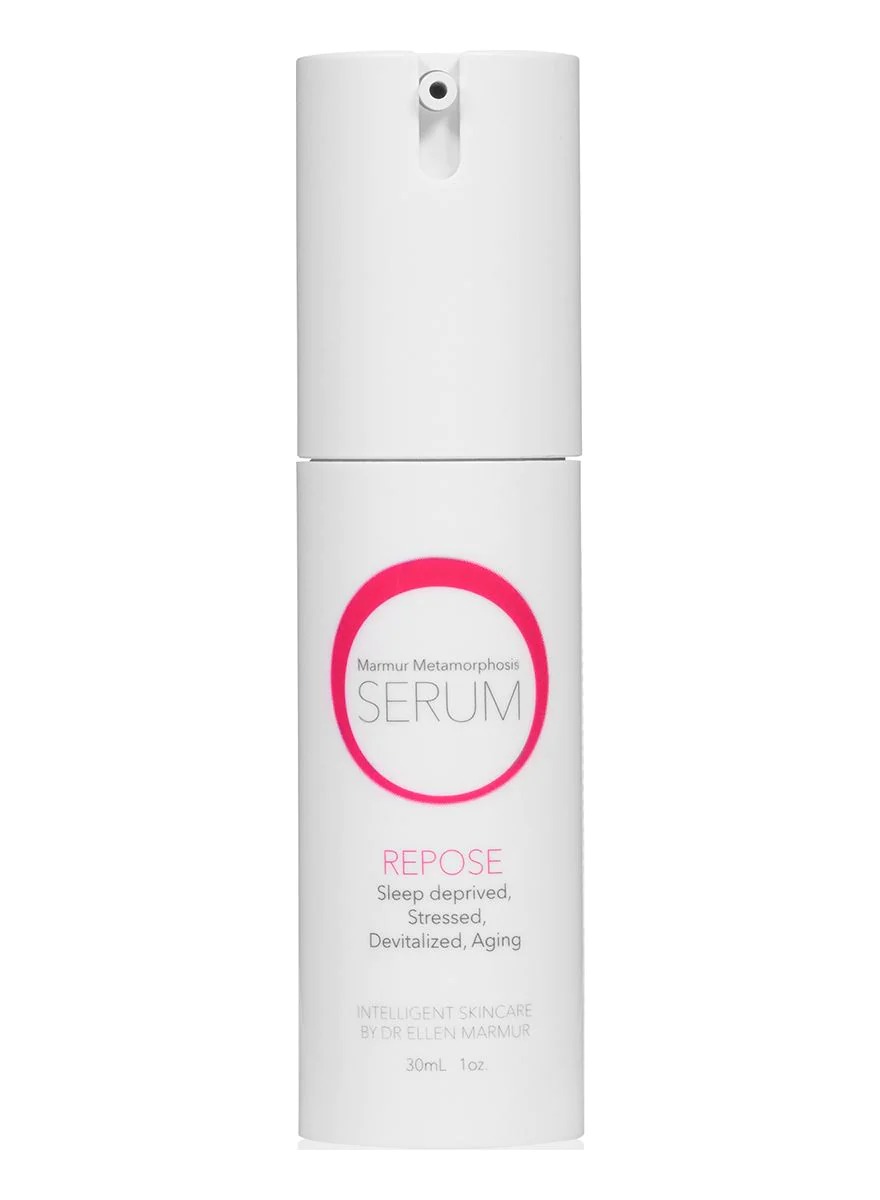
Stressed skin, meet your new best friend. "This serum contains a powerful blend of adaptogens, pre-probiotics, and photodynamic actives that respond to the skin’s microbiome to help repair, balance, and protect for healthier, more resilient skin," says Westbay. "It also contains night blooming cucumber, a botanical extract that helps to regulate the skin’s natural circadian rhythm and repair cellular damage overnight. The addition of palmitoyl tripeptide-5, a powerful wrinkle-fighting peptide, stimulates collagen production, and boosts elasticity for a plumper, younger-looking complexion. The formula is also aloe based, so it’s extra nourishing and prevents transepidermal water loss to prevent overnight dehydration. As if that weren’t enough, it also protects against environmental aggressors and oxidative stresses encountered during the day."
Best for barrier repair:
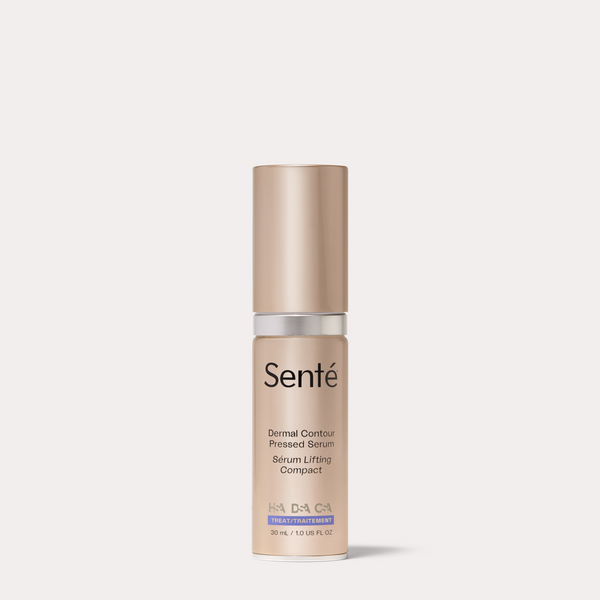
This serum contains a patented technology called HSA, or Heparan Sulfate Analog, which helps with discoloration, barrier repair, and building new collagen and elastin, according to Cohen.
Best all-natural pick:

"[This serum] contains argan oil, hyaluronic acid, and plant collagen extracts as well as sea kale," says Cohen. These ingredients work together to nourish and smooth skin.
Next, 11 Products "You Need to Try," According to a Sephora Beauty Director
Prior to her time at Who What Wear, Katie Berohn worked as the beauty assistant for Good Housekeeping, Woman's Day, and Prevention magazines, all part of the Hearst Lifestyle Group. She graduated from the University of Colorado, Boulder, with a major in journalism and minor in technology, arts, and media, and earned her master's degree at NYU's graduate program for magazine journalism. In addition, Katie has held editorial internships at Denver Life magazine, Yoga Journal, and Cosmopolitan; a digital editorial internship at New York magazine's The Cut; a social good fellowship at Mashable; and a freelance role at HelloGiggles.

